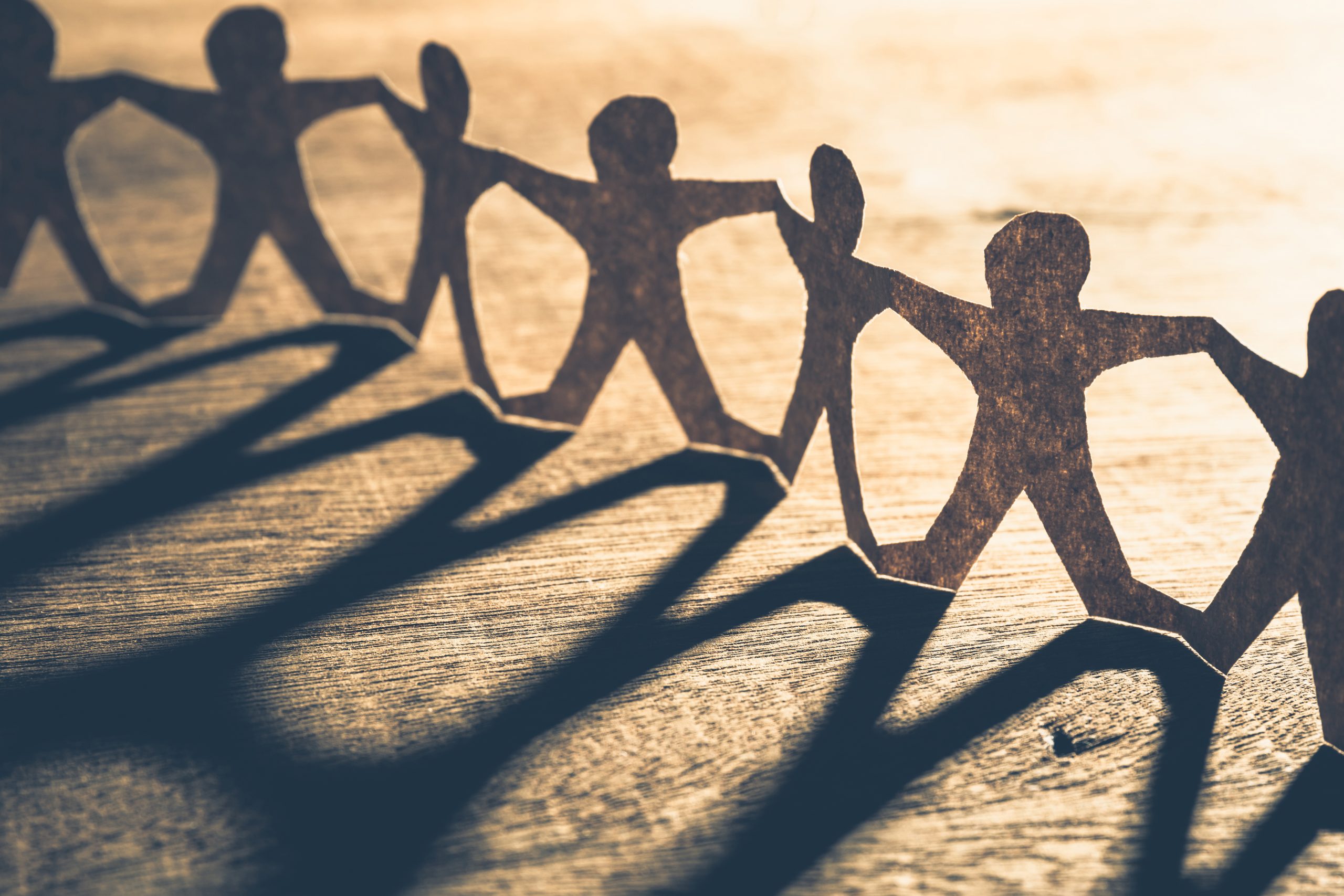Mental Health Awareness & Stigma
Yates INSYGHT Stigma Initiative
Yates INSYGHT is working to create a community where people stand up to mental health stigma and feel safe talking openly about mental health. INSYGHT is dedicated to spreading awareness, providing education and helping to create a culture within Yates County where youth and adults alike can openly talk about mental health and find support.
#EndTheStigma


What is Stigma?
Stigma is a set of unfair beliefs that a society or group of people have about something. There is stigma attached to mental health, substance abuse, poverty and many other experiences that people go through. Stigma reduces someone from being a whole person to being labelled as their diagnosis or the symptoms they experience.
What does mental health stigma cause?

Stigma encourages people with mental health conditions to isolate themselves because of judgement. Isolation leads to challenges with reaching out, getting needed support and living well. Due to stigma, people living with mental health conditions are:
- Alienated and seen as “others”
- Perceived as dangerous
- Seen as irresponsible or unable to make their own decisions
- Less likely to be hired
- Less likely to get safe housing
- More likely to be criminalized than offered health care services
- Afraid of rejection to the point that they don’t always pursue opportunities
- Not comfortable talking to their friends and family about the experiences they are having
- More likely to internalize stigma that exists in our culture, damaging hopes for recovery
- More likely to not seek treatment from mental health professionals
- More likely to have their conditions worsen because of the lack of support and care that they need to recover. This can often lead a person to take their own life because they feel alone
They are not alone; they can recover and there is hope!
How can you help reduce stigma?
- Talk openly about mental health
- Educate yourself and others
- Be conscious of language
- Encourage equality between physical health and mental health
- See the person, not the condition
- Choose empowerment over shame
- Be honest about treatment
- Let others know when they are encouraging stigmatized thinking
- Don’t harbor self-stigma
Learn more by visiting Nami.org

